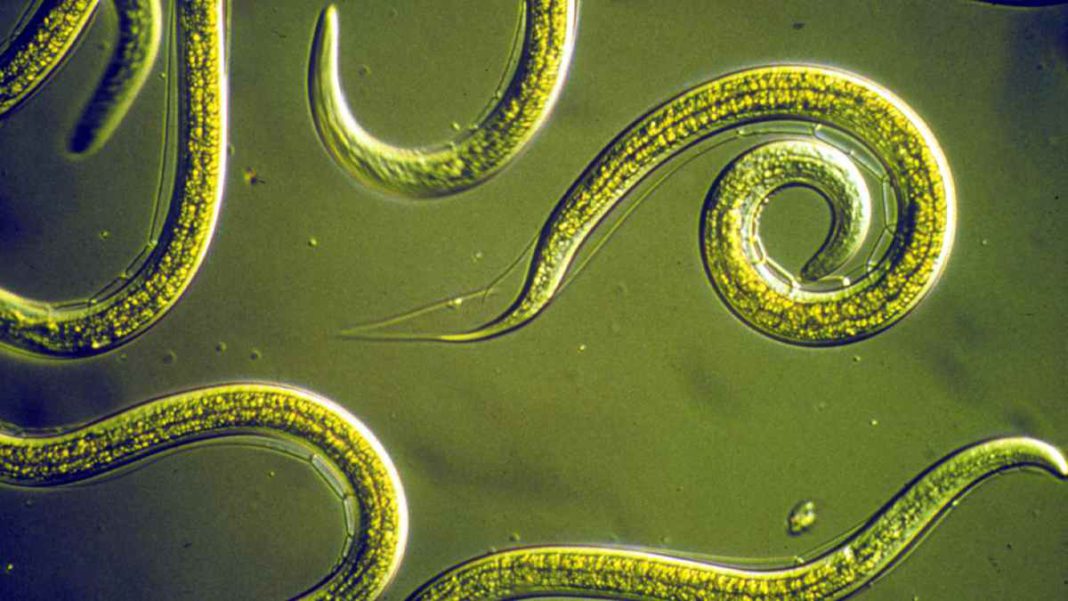GERMANY: Siberia’s frozen landscapes have long captivated the world with their mysteries, and now, a groundbreaking study published in the journal PLOS Genetics has unveiled yet another astonishing discovery.
A team of researchers has found nematodes, tiny roundworms, in the permafrost of Siberia that are believed to be a staggering 46,000 years old. These ancient creatures, named Panagrolaimus kolymaensis, offer a unique glimpse into the enigmatic phenomenon of cryptobiosis.
The research, led by scientists from various institutions, including the Max Planck Institute of Molecular Cell Biology and Genetics in Dresden, Germany, delves into the incredible survival mechanisms of these ancient nematodes.
Cryptobiosis is a biological process where organisms enter a state of suspended animation, essentially putting their metabolism on hold to withstand extreme environmental conditions. The ability to survive for thousands of years in such a state is an extraordinary feat that has captivated scientists worldwide.
The dating of the plant matter found in close association with the nematodes provided crucial evidence for their remarkable age.
By analyzing the radiocarbon content in the plant material, researchers were able to confidently assert that the nematodes had endured for nearly five times the age of the Great Pyramid of Giza.
“These nematodes are a marvel of adaptation,” stated Teymuras Kurzchalia, a study co-author and cell biologist emeritus at the Max Planck Institute. “Their ability to enter and exit cryptobiosis has allowed them to withstand the harsh and unforgiving conditions of Siberia’s frozen permafrost for millennia.”
In 2018, scientists initially uncovered and revived two types of microscopic nematodes from the Siberian permafrost, estimating their age to be around 42,000 years. These nematodes were identified as a novel species and were named Panagrolaimus kolymaensis after their habitat, the Kolyma River region.
The researchers further compared the survival mechanisms of Panagrolaimus kolymaensis with those of Caenorhabditis elegans, a commonly used nematode species in laboratories worldwide.
The study shed light on the similarities and differences in their cryptobiosis capabilities, enhancing our understanding of this fascinating biological phenomenon.
One of the notable challenges faced by the researchers was conducting genetic analysis on P. kolymaensis due to its parthenogenic reproduction, where females can produce offspring without mating with males.
Obtaining a sufficient number of worms for genetic analysis proved to be arduous and led the team to rely on their observations and analyses.
Despite the compelling evidence presented in the study, some experts remain cautious about the findings. In 2018, concerns were raised about the possibility of modern contamination affecting the analyzed nematodes.
Byron Adam, a biologist from Brigham Young University, expressed skepticism about the study, emphasizing that the evidence does not definitively prove the worms’ age but merely that of the adjacent plant material.
David Wharton, an emeritus professor of zoology at the University of Otago, New Zealand, praised the research for its impressive work but criticized the freezing mechanism used in the experiments as unrealistic.
Also Read: ASI Initiates Scientific Survey on Gyanvapi Masjid in Varanasi, UP with Police Cooperation



